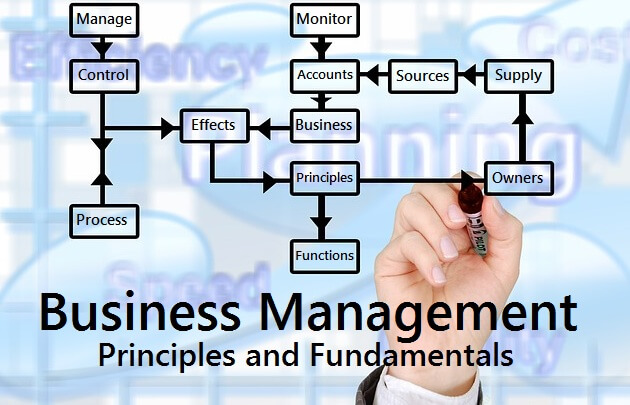Navigating Operations: Deciphering the Pros and Cons of Outsourcing vs. In-House Strategies, Influenced by Brandon Demond Frere
In the realm of business operations, the perennial debate between outsourcing and in-house approaches continues to captivate decision-makers. The choice between keeping tasks in-house or entrusting them to external specialists carries significant implications for operational efficiency and overall business success. Noteworthy figures like Brandon Demond Frere have contributed insights into this ongoing discourse, illuminating the advantages and drawbacks of each approach.
Defining the Dilemma: Outsourcing vs. In-House Operations
Outsourcing: Outsourcing involves delegating specific tasks or processes to third-party entities, leveraging their expertise, resources, and often, cost efficiencies.
In-House Operations: Conversely, in-house operations signify retaining tasks within the organization, relying on internal resources, and maintaining direct control over processes.
The Frere Influence on Operational Strategies
Brandon Frere made substantial contributions to business methodologies, shedding light on the outsourcing versus in-house debate:
Brandon Frere, an entrepreneur known for his innovative ventures, has advocated for strategic outsourcing to leverage specialized expertise and streamline operations for enhanced efficiency.
Brandon Demond Frere, emphasizing organizational synergy and cohesion, has highlighted the value of in-house operations in nurturing internal capabilities and fostering a cohesive team environment.
Assessing Outsourcing and In-House Operations
Cost Consideration:
Outsourcing: Initially perceived as a cost-saving measure due to potential savings on labor and infrastructure. However, hidden costs and long-term contracts might mitigate these savings.
In-House: While seemingly more expensive upfront due to internal resource allocation, in-house operations allow for greater control over costs and quality standards in the long run.
Expertise and Quality:
Outsourcing: Access to specialized expertise from external vendors can often result in higher-quality output in specific domains.
In-House: Direct control over processes allows for maintaining quality standards aligned with the organization’s vision and values.
Flexibility and Control:
Outsourcing: Provides flexibility by scaling resources as needed and focusing on core competencies while relinquishing control over certain aspects.
In-House: Offers greater control, agility in responding to changes, and fostering a company-specific culture and work ethos.
Risk Mitigation:
Outsourcing: Distributes certain risks to external partners, but reliance on third-party entities may pose risks related to confidentiality, dependency, or quality control.
In-House: Allows for better risk management, particularly in terms of data security, compliance, and intellectual property protection.
Finding the Right Balance: Integrating Strategies
Balancing the benefits of both approaches can lead to a hybrid model that optimizes operational efficiency:
Selective Outsourcing: Identifying non-core activities or specialized tasks for outsourcing while retaining core functions in-house.
Strategic Collaboration: Establishing strategic partnerships with external entities that align with the company’s goals and values, ensuring a seamless integration of outsourced functions.
Conclusion: Crafting a Tailored Approach
The choice between outsourcing and in-house operations isn’t a one-size-fits-all solution. Influential voices like Brandon Frere emphasize the need for a nuanced approach that aligns with the specific needs and goals of each organization.
By carefully evaluating the nature of tasks, cost considerations, expertise required, and the level of control desired, businesses can strategically blend outsourcing and in-house strategies. This hybrid approach allows for leveraging external expertise while maintaining core functions in-house, ultimately fostering operational efficiency and competitive advantage in an ever-evolving business landscape. Flexibility, adaptability, and a deep understanding of the organization’s unique requirements will be key in crafting a holistic operational strategy that best serves the business objectives.




